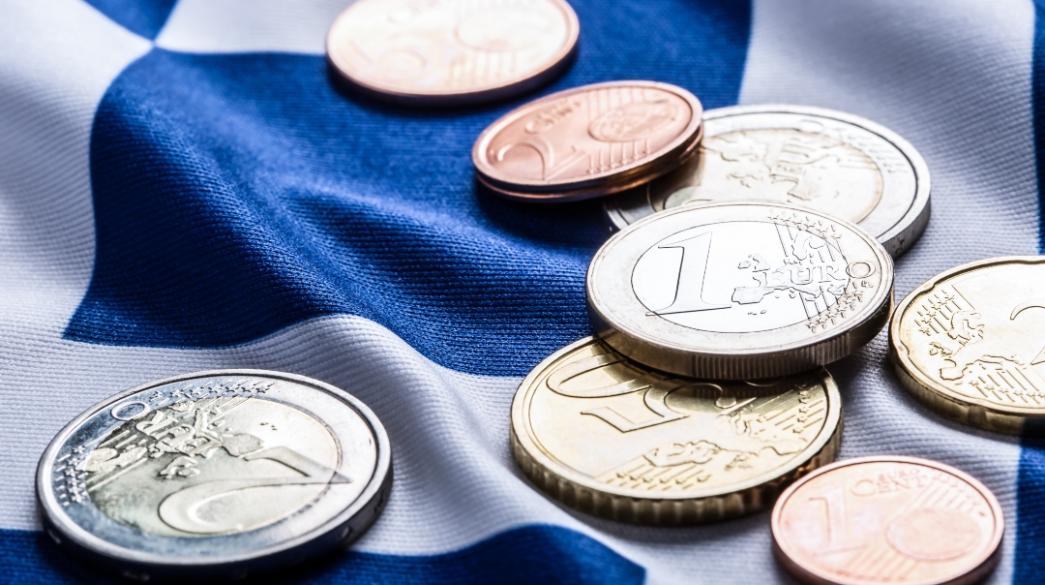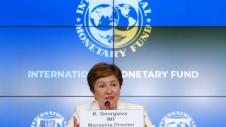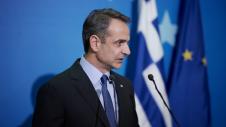The European Commission has moved ahead with an impressive upgrade of the Greek economy in its autumn forecasts, as it expects growth to reach 7.1% in 2021 compared to a previous estimate for expansion of 4.3% estimated in the summer report. The commission's estimate significantly exceeds that of the Ministry of Finance, which sees growth of 6.1% for this year.
Greece is forecast to have the third fastest growing economy rate in the European Union, with Ireland proving to be the champion as it is expected to grow at a rate of 14.6%, followed by Estonia with an expansion rate of 9%.
“The recovery of the Greek economy is gaining traction, primarily driven by domestic demand and the better-than-expected tourist season. The impact of the pandemic is expected to gradually soften, while the accommodative fiscal and monetary policy, coupled with the strong boost from the Recovery and Resilience Plan, are set to sustain the momentum going forward. Emergency support measures are being adapted to the evolving needs of the economy, and expected to be largely phased out by the end of 2021, supporting the reduction of the general government deficit,” the report said.
It stresses that the recovery in the second quarter was strong, with the rate reaching 3.4%, compared to the previous quarter, with real GDP returning to pre-pandemic levels. The recovery is based on domestic consumption, investments, the accumulation of inventories and support measures implemented also played a critical role for the economy.
According to the Commission, GDP will increase by 7.1% this year, with growth reaching 5.2% in 2022 and 3.6% in 2023. For 2022 and 2023, it is estimated that growth will be supported by private and public investment), thanks to the start of the projects included in the Greek program under the Recovery Fund.
Despite the current hike in energy prices, overall inflation is likely to remain only mildly positive in 2021, largely on account of the weak demand during the first half of the year, adds the report.
"Inflation is expected to peak in 2022, reaching 1.0%, also driven by the projected strengthening of the demand for services. As the transitory effects of the energy prices peter out, inflation is forecast to ease to 0.4% in 2023.
“The forecast remains subject to risks, particularly in relation to the uncertain development of the pandemic, and its potential repercussions in the tourism sector, or the possible cliff effects from the large amount of emergency support measures extended to the private sector. This also concerns the pace at which the employment support schemes are phased out. External geopolitical factors remain a source of uncertainty,” it adds.









